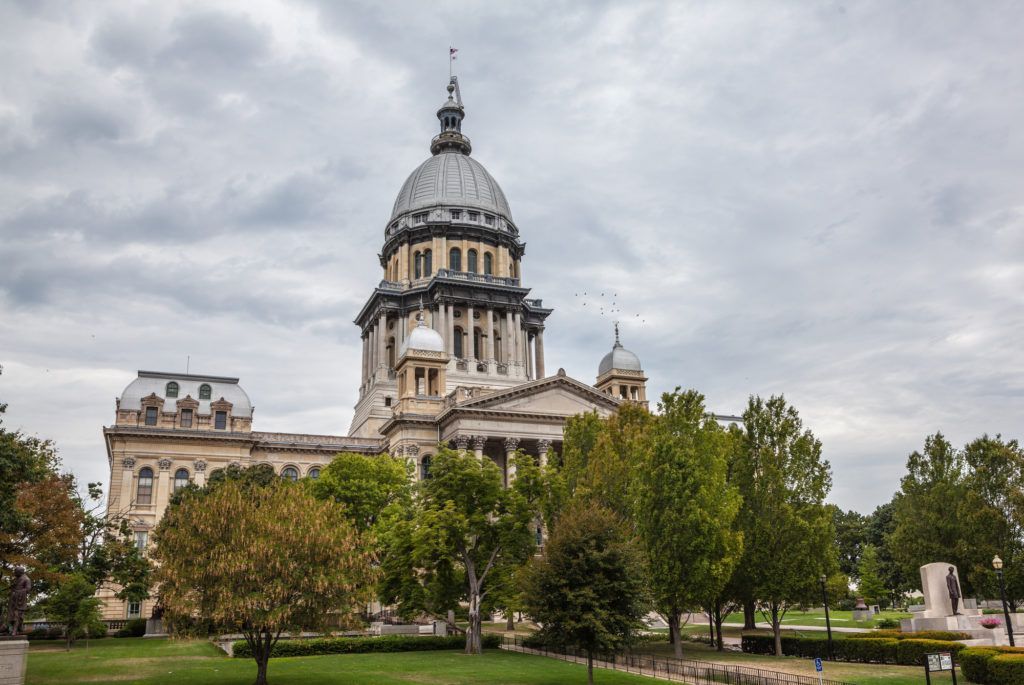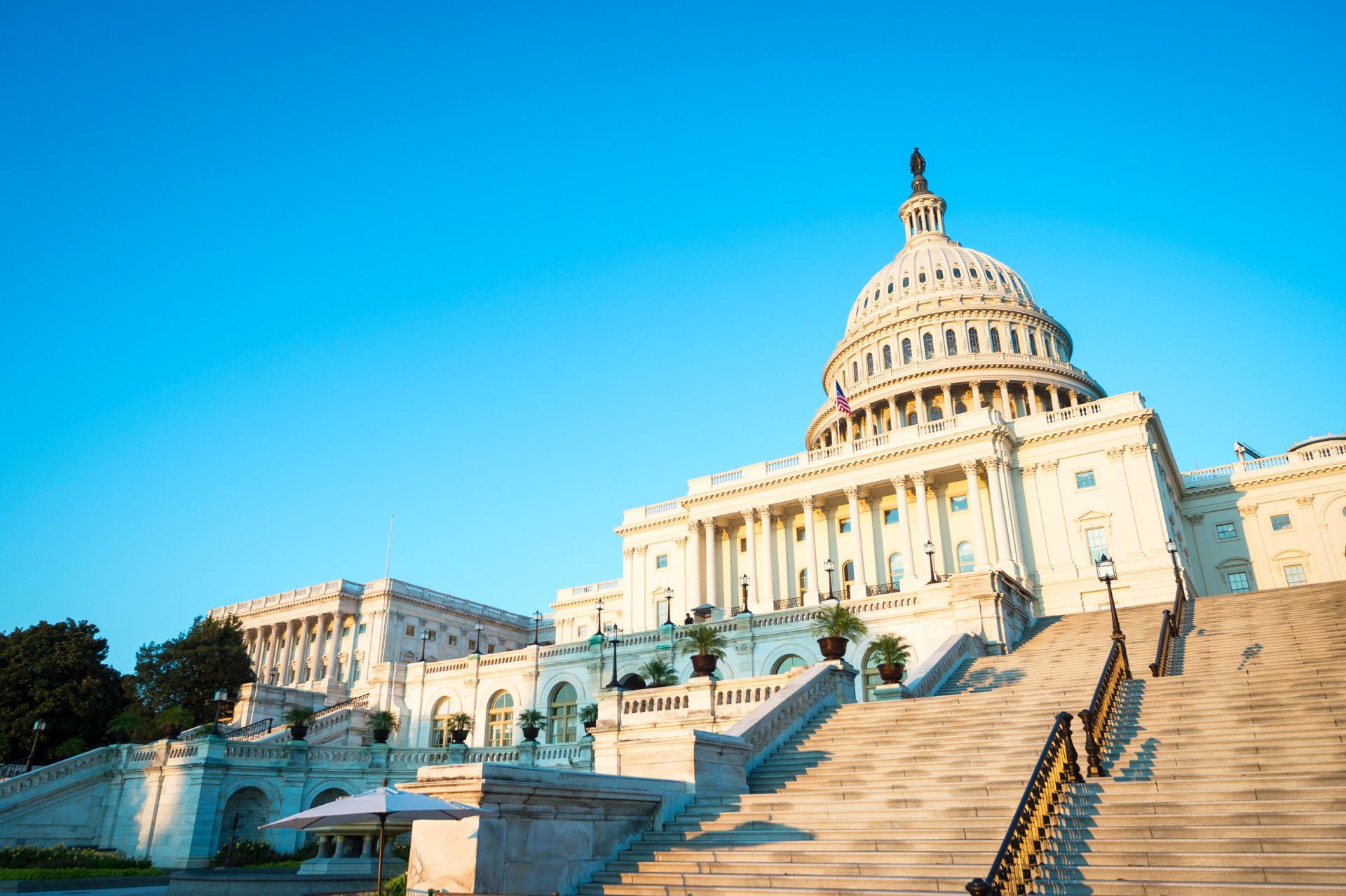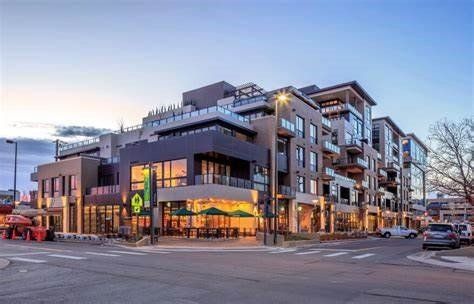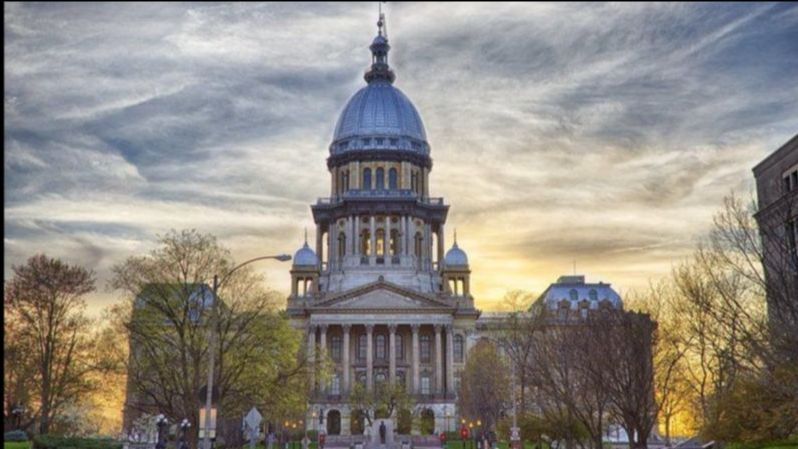
Illinois Adult-Use Cannabis Craft Grower License
What Every Craft Grower Applicant Needs to Know Before Sowing Seeds
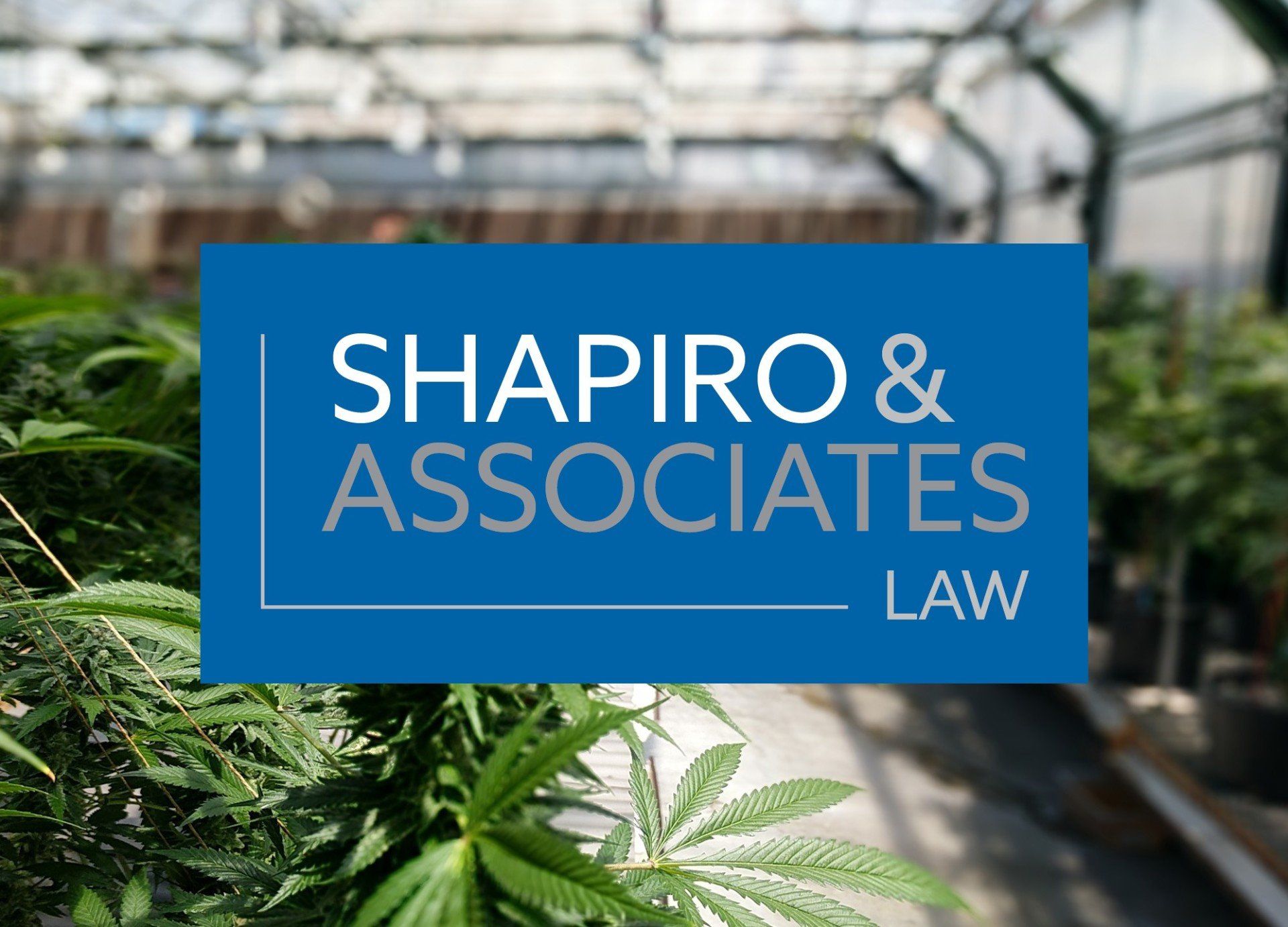
The Illinois Department of Agriculture (“IDOA”) released the Application for Adult Use Cannabis Craft Grower License (“Application”), along with its Emergency Administrative Rules ( 8 IAC 1300 ) (“Administrative Rules”) related to Craft Grower, Infuser, and Transporter licenses. This article will provide Craft Grower Applicants with pertinent information related to the Application and Administrative Rules. Infuser and Transporter applications will be discussed in detail in an article to follow.
Craft Grower License and Application Summary
- Submittals : Beginning February 14, 2020, and no later than March 16, 2020, Redacted and Unredacted version required.
- Awarded : On or before July 1, 2020
- Availability : (40) Craft Grower Licenses on or before July 1, 2020. By December 21, 2021, the IDOA shall issue up to (60) additional Craft Grower licenses
- Fees : Non-refundable $5,000 Application fee. If an Applicant is awarded a license, the fee for a Craft Grower License is $40,000. Qualified social equity applicants will pay 50% of those fees
- Limits : Any person or entity awarded a license pursuant to the initial application period can only hold one craft grower license. Any person or entity awarded a license during this second application period cannot hold more than two craft grower licenses
Craft
Grower Application and Exhibit Specifics
Applicants for a Craft Grower License will be ranked using the following 1000-point scale:
- Exhibit A - Suitability of the Proposed Facility (75 points)
- Exhibit B - Suitability of Employee Training Plan (50 points)
- Exhibit C - Security Plan and Recordkeeping (145 points)
- Exhibit D - Cultivation Plan (75 points)
- Exhibit E - Product Safety and Labeling Plan (95 points)
- Exhibit F - Business Plan and Services to be Offered (110 points)
- Exhibit G - Status as a Social Equity Applicant (200 points)
- Exhibit H - Labor and Employment Practices (20 points)
- Exhibit I - Environmental Plan (20 points)
- Exhibit J - Illinois Owner (90 points)
- Exhibit K - Status as a Veteran (20 points)
- Exhibit L - Diversity Plan (100 points)
- Exhibit M - Bonus Section (2 points)
- In the event of tie, the IDOA may award up to 2 bonus points for any of the three initiatives: (1) community benefits plan, (2) substance abuse prevention plan, (3) local community/neighborhood report
Only the top-scoring Applicants that receive at least 75% of available points , will be issued Craft Grower Licenses by the Department. In order words, if you cannot receive at least 750 points, do not bother applying. Further, if you are not a Social Equity Applicant (200 points) and do not have Veteran status (20 points), you are at a major disadvantage seeing that, at best, your perfect score would only be 780 points – a harsh starting point in any competitive application market.
While Exhibits A through M above are similar to those found within the Application for Cannabis Dispensary Licenses, the following additional Exhibits are notably different and therefore discussed in further detail below.Exhibit N : Property Ownership – 8 IAC 1300.300(c)(28) Applicant must submit different documentation depending on Applicant’s status as the property owner.
- If the property is owned by the Applicant , Applicant must submit: confirmation of land ownership, identification of any and all mortgagees and or perfected lienholders, and if applicable, verification of notification to any and all mortgagees and/or perfected lienholders that the property is to be used as a craft grow facility at least through December 31, 2021; and consent thereto by any mortgagees and/or perfected lienholders;
- If the property of the proposed location is leased by the Applicant , Applicant must submit: a copy of the lease, confirmation of land ownership, identification of any mortgagees and/or lienholders, a written statement from property owner and/or landlord certifying consent for a craft grow facility to be operated on the premises by the applicant at least through December 31, 2021, and if applicable, verification of notification by the property owner to any and all mortgagees and/or perfected lienholders that the property is to be used as a craft grow facility at least through December 31, 2021, and consent thereto by any mortgagees and/or perfected lienholders.
- If the property is not owned or currently leased by the Applicant , Applicant must submit: a written statement from property owner and/or landlord certifying consent for the applicant to lease or purchase the land for the purpose of operating a craft grow facility at least through December 31, 2021, and if applicable, the additional verification as noted above as if the property were leased.
While property location and/or identification was not required for Dispensary Licenses, this is certainly not the case for Craft Grower Licenses. Bottom line, a Craft Grower License shall be issued for the specific location identified on the Application , and is valid only for the owner, name designated on the license and the location for which it is issued .
Exhibit O : Notice of Proper Zoning - this Exhibit contains two parts: one to be completed by the Applicant, and one to be completed by the local zoning authority. Both parts must be completed. According to the Administrative Rule Section 1300.350, Craft Growers shall:
- Not be located within 1,500 feet to another craft grower or a cultivation center (410 ILCS 705/30-30(o)); and
- Not be in violation of any other local zoning requirements .
Therefore, at the time of Application submittal, the Applicant must include a copy of the current local zoning ordinance or permit and verification that the proposed craft grower is in compliance with the local zoning rules and distance limitations established by the local jurisdiction. Identifying existing properties with proper zoning will be a crucial step for any Application.
Exhibit P : Organizational Information and Financial Interest Disclosure – 8 IAC 1300.305 requires that an Applicant disclose all relevant financial information related to the craft grower. In responding to this Exhibit, Applicants are encouraged to review the definition of “financial interest” in the rules, and Sections 1300.305 and 1300.300(c)(22)-(27). The Application further requires the following:
- Copies of compensation agreements, management agreements, supply agreements, or other financial documents between or among the Applicant and any persons having a financial interest and/or control in the licensee , including growers, owners, and officers, or a narrative if the agreement is oral.
- Documentation establishing that Applicant has at least $20,000 in liquid assets .
- Nature and type of any outstanding bonds, loans, lines of credit, etc., issued or executed, or to be issued or executed, in connection with the opening or operating of the proposed craft grower.
- Disclosure of all sources of funding used to acquire or develop the craft grower business and documentation of such funding .
Exhibit P is rather thorough and will most likely require a CPA attesting to the liquid asset requirement or possibly other financial documents. Additionally, if the Applicant is an entity, the entity will have to provide documentation that it has $20,000 in liquidate assets, likely requiring a bank account in the entity’s name which may be a challenge establishing an account at any FDIC insured bank. Moreover, Exhibit F (Business Plan) must show detailed sources and amounts of funds needed for short- and long-term operations. Again, these are not requirements which were included for Dispensary Licenses; however, they have been deemed requirements for Craft Grower Licenses, thereby creating additional challenges for all Applicants.
Conclusion
Of course, there are several miscellaneous items within the Application and Administrative Rules which are still unknowns at this point. Such as, confusing definitions in the Administrative Rules:
- “Craft Grower” - …licensed by the Department to cultivate, dry, cure, and package cannabis and perform other necessary activities to make cannabis available for sale at a dispensing organization or use at an infuser…. may share premises with an infuser or a dispensing organization, or both....
- "Cultivation Center" - … cultivate, process, transport (unless otherwise limited by this Act), and perform other necessary activities.....
- “Early Approval Adult Use Cultivation Center License” - cultivating, infusing, packaging, transporting (unless otherwise provided in the Act)....
Additional confusion pertains to scoring requirements and whether Craft Grower Licenses allow for infusing and/or processing of cannabis. If so, why does the Craft Grower Applications not require an infusion plan?
As with Dispensary Licenses issued by the IDFPR, the IDOA is encouraging Applicants to submit written questions regarding the application, application materials, or application process. Shapiro & Associates Law has already submitted several questions to the IDOA and encourages you to contact us directly if we can be of assistance in navigating the many intricate parts of the Craft Grower License or any other cannabis organization license application process.
Justin Silva is an attorney at Shapiro & Associates Law. Please contact him at jsilva@shapiroassociateslaw.com or (312) 763-9640.

CONTACT US TODAY
Contact Us
We will get back to you as soon as possible.
Please try again later.
LOCATION
570 Lake Cook Road, Unit 119
Deerfield, IL 60015
Shapiro & Associates Law | All Rights Reserved |
Created by Olive + Ash.
Managed by Olive Street Design.

